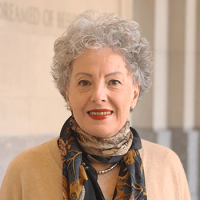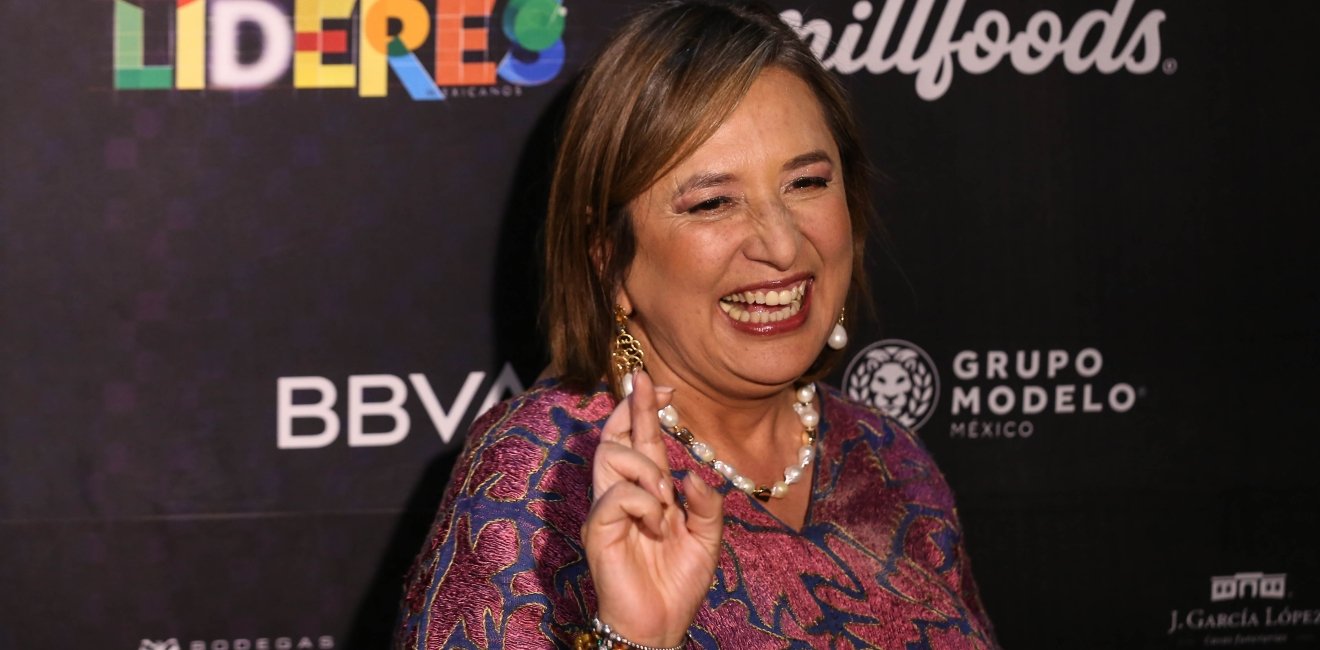A state-run election is under course in Mexico: opposition presidential candidate Xóchitl Gálvez is under fire from President Manuel Andrés López Obrador (AMLO). Since AMLO cannot run for reelection, Xóchitl will compete against his hand-picked candidate, Claudia Sheimbaum. Hopefully, Mexicans will go to the polls in June 2024 in unprecedented numbers. That is the only way to save our democracy and choose the next president, the full Senate and House, nine governorships, an array of mayorships and other elected posts. Mexicans will choose between Xóchitl´s proposal for democracy, growth through energy transition and economic integration to North America and Claudia´s continuity of AMLO´s so-called Fourth Transformation resulting in democratic backsliding, support for fossil fuels, state monopolies, USMCA contention, and unprecedented violence.
Although AMLO has drawn on every resource available to convince Mexicans that the opposition does not have a chance against his MORENA party, there are still seven months left before the election and many things can happen.
First, a third candidate can emerge. AMLO would like to disrupt the United Front made up of the three main political parties: PAN, PRI and PRD and an array of civil society organizations that support Xóchitl. To do so, he is pushing the young governor of Nuevo Leon, Samuel García, to compete against Xóchitl´s charisma and popularity. But García has yet to deliver the promised infrastructure to secure a major Tesla investment, in his home state, before he can present himself as a successful option. Yet, things could turn against AMLO. His former Foreign Minister, Marcelo Ebrard, is questioning Claudia´s selection process as a candidate. If not satisfied in his demand to repeat the poll that legitimized her enthronement, he could announce his candidacy next January under the Movimiento Ciudadano party, breaking the unity of MORENA.
Second, Claudia has eluded debate or taking positions other than the party line to honor her boss. All we know about her is a claim to a scientific career and being AMLO´s best pupil. She has repeated what her mentor stands for in every position he appointed or promoted her. As Mayor of Mexico City, she behaved more like a cabinet member than an elected official and, like her mentor, scored a high dead toll during COVID. Contrary to that record, Xóchitl emerged as a presidential candidate by surprise, only three months ago. She is her own boss: a self-made businesswoman of indigenous origin who has made her way to the national stage with enormous charisma, wit, spontaneity, and a strong sense of humor.
She has cabinet experience and was elected mayor and senator. Although she is still lagging in the polls, as she is yet to be known by half of the population, but Mexicans identify with her story of rising from poverty and hard work.
Third, Mexicans want opportunities for their children as Xóchitl´s example proves possible. They aspire to a better education and jobs linked to the North American economy. Millions have voted with their feet in the past decades and crossed the border, but family and community-oriented Mexicans would rather stay home. Xóchitl is an engineer who understands technological change and how to achieve it. She wants Mexico to reach global standards of education and to take advantage of the historical opportunity that “near-shoring” brings to us. Contrary to that stand, Claudia is a stalwart for the Fourth Transformation which has lowered educational standards and the rule of law. To top it all, AMLO´s candidate has proven to be more ideological than him. She even just attended a meeting for Grupo de Puebla, led by Cuba and Venezuela, something the President never did.
Mexicans will face in 2024 an inflection point with two opposing choices and Xóchitl is the one who stands for democratic rule and sustainable growth.
Author

Researcher, El Colegio de Mexico; former Mexican Ambassador to Austria, Bolivia, Cuba, and Spain

Mexico Institute
The Mexico Institute seeks to improve understanding, communication, and cooperation between Mexico and the United States by promoting original research, encouraging public discussion, and proposing policy options for enhancing the bilateral relationship. A binational Advisory Board, chaired by Luis Téllez and Earl Anthony Wayne, oversees the work of the Mexico Institute. Read more

Explore More
Browse Insights & Analysis
Greenland’s New Governing Coalition Signals Consensus

The Future of France's Far-Right Party

Ukrainian Issue in Polish Elections



